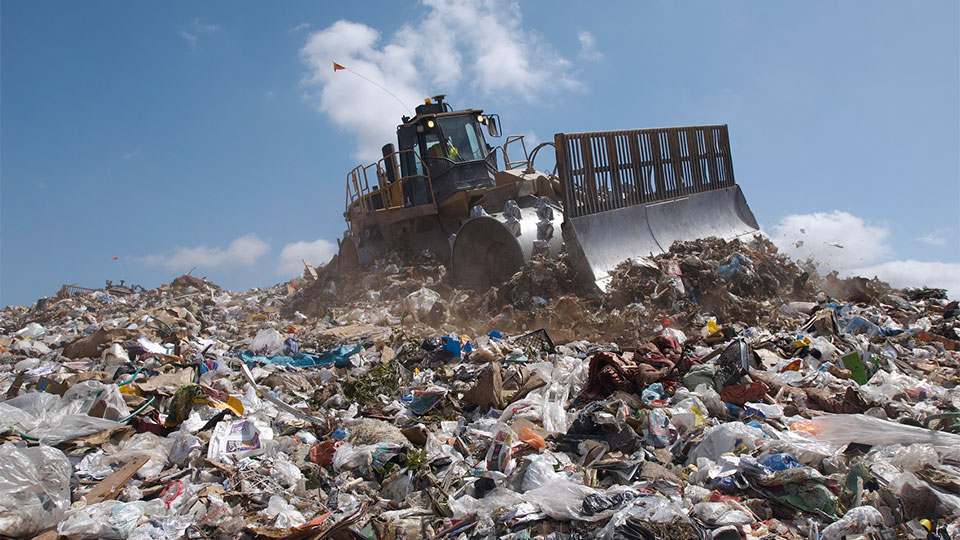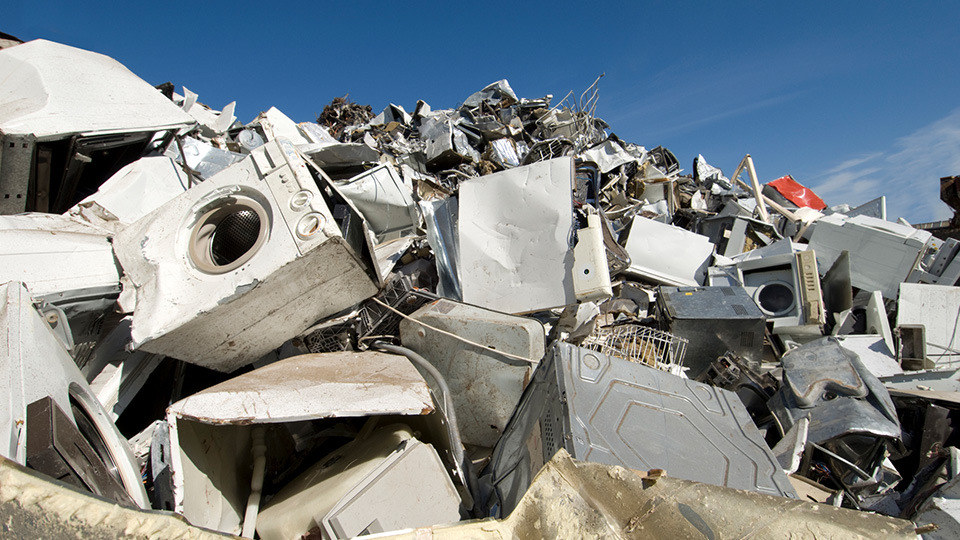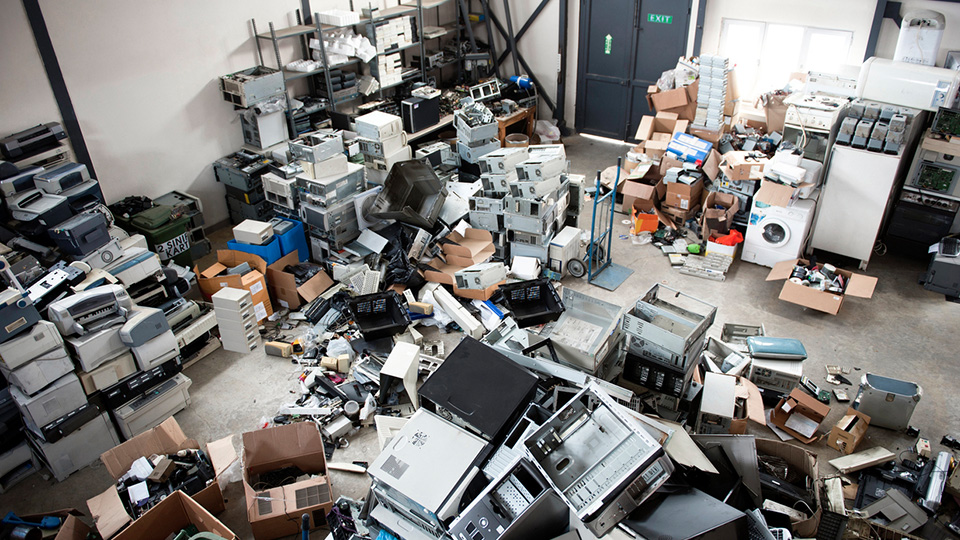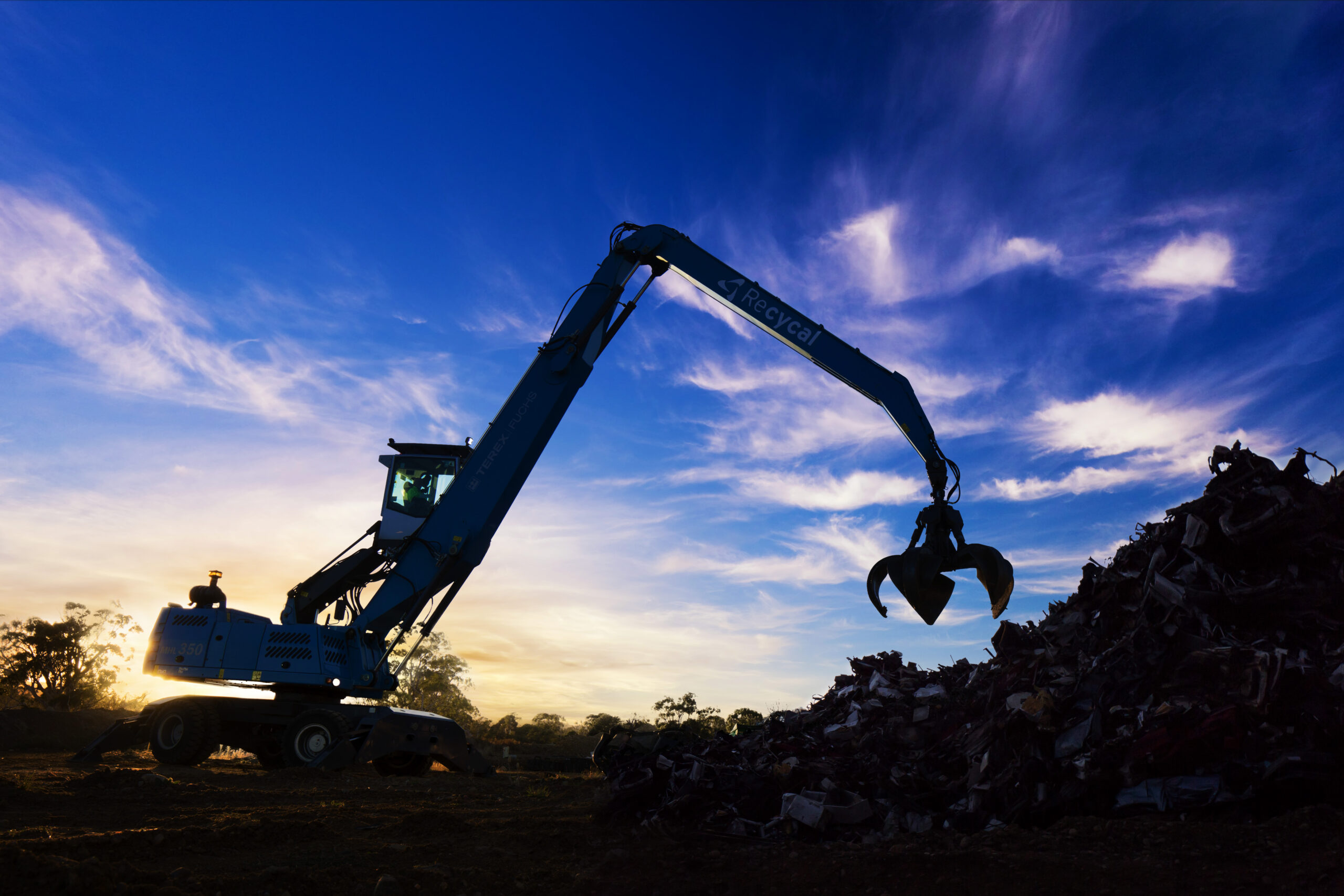We live in an electric world, and most of our electricity is delivered by wires. But if we want to access power away from an electricity socket, then by far the commonest way of doing so is to use batteries.
Vast numbers of batteries are manufactured each year, and most of them end up in landfill. Some batteries contain toxic components such as lead, cadmium and mercury which can contaminate soil and water. Dumping batteries also represents a loss of useful resources that can be recovered by recycling spent batteries.
At the moment only about 1% of batteries used in Australia each year are recycled, but this is expected to improve as an increasing number of recycling initiatives become available. In this series of articles, we’ll take a look at different types of batteries, what they are used for, and what can be recovered once they can no longer “deliver the juice”.
Common Household Batteries
By sheer quantity, most batteries sold are cheap, non-rechargeable varieties.
Common types are the alkaline and zinc-carbon batteries that have powered generations of torches, toys, transistor radios and countless other items. Smaller devices including watches, many calculators and security tokens use silver oxide or mercury button batteries.
Mercury is obviously of environmental concern, and the sale of mercury button batteries has been banned in many countries.
What’s Recycled?
In the case of alkaline and zinc-carbon batteries, steel, zinc and manganese can be recovered. These metals are used in a variety of new products, including the manufacture of new batteries.
Depending on their type, button cells yield silver, steel and mercury. Recovered mercury is used to make dental amalgam. Silver is sold to the jewellery market or used in printing. Steel has a wide range of uses.
What Are The Economics?
The value of the materials recovered from alkaline and zinc-carbon batteries is less than the cost of recycling. Even so, it is preferable to recycle these batteries rather than have them adding to the volume of waste going to landfill.
In the case of button cells, the relative high value of silver and mercury makes recycling a more attractive economic proposition.
Other articles in this series:
Battery recycling #2 – Nickel-based batteries
Battery recycling #3 – Lithium batteries
Battery recycling #4 – Lead-acid batteries
Ecocycle Is A Battery Recycler
If you have any old batteries that you don’t need, get in touch with us, and we will dispose of them safely to help keep toxic elements out of our environment.





